Is this just fantasy? 5 problems with ‘Bohemian Rhapsody’s portrayal of Freddie Mercury’s life and sexuality
Awards and box office success shouldn't overshadow the serious flaws in the portrayal of Freddie's sexuality and legacy, writes Nick Coveney.
By Will Stroude
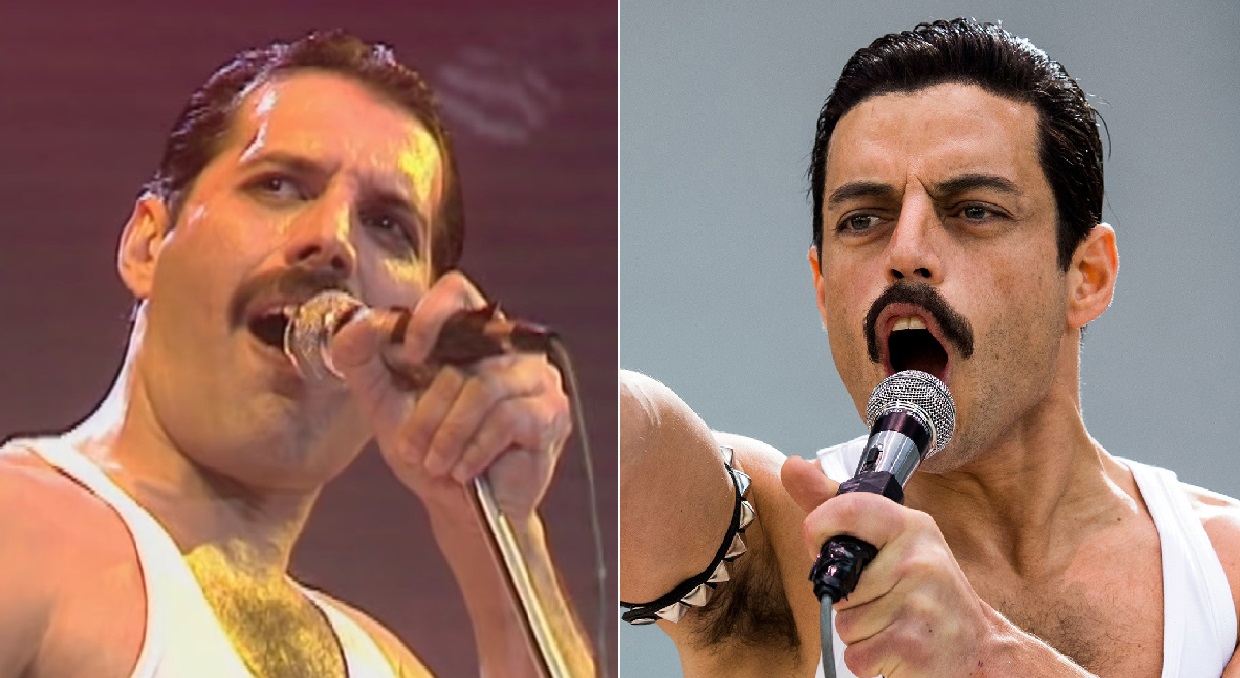
It’s become one of the most successful films of 2018, defying critical reviews and the bookies’ odds to garner huge blockbuster box office sales, win coveted Golden Globe Awards (including Best Picture), and – with five nominations – potentially sweep this year’s Oscars.
Bohemian Rhapsody has already become a record breaker as the highest grossing music-themed film of all time. So why should the LGBTQ+ community take issue with this hugely successful portrayal of one of our most iconic heroes?
Well, because of quite a lot of extremely dubious and problematic reasons. I went to see the film in its opening week despite some early-warning reviews, that there were inaccuracies and “creative decisions”.
What I found rather than a biopic celebrating Freddie Mercury’s life and enormous musical talent, this film effectively slings mud on alleged personality defects and tarnishes his legacy.
I’ve also realised that many of my friends and family aren’t necessarily aware of these flaws, including many LGBTQ+ friends, so I’m going to try and outline the most disappointing ones here (and that’s without even mentioning the circumstances surrounding director Bryan Singer’s sudden firing from the film and the new series of very serious allegations raised against him).
Weaponizing Freddie Mercury’s HIV diagnosis

This is the most heinous and contentious of the film’s choices in my opinion.
For whatever reason, presumably to create dramatic tension the makers of Bohemian Rhapsody decided to tie Freddie’s HIV diagnosis to the band’s ‘reunion’ and the Live Aid concert in 1985.
This is a glaring anachronism as according to previously published accounts, Freddie was actually diagnosed as HIV+ two years later, in 1987. And according to Roger Taylor, he didn’t tell any of his bandmates until 1989, so the emotional scene where he shares his status with the band before Live Aid is another fabrication.
The film uses the shock factor of Freddie’s illness to frame that incredible Live Aid performance as a defiant swan song – there’s no evidence that was the case and it’s an unnecessary and emotionally manipulative decision.
They have rewritten history to create emotional tension, and created a false narrative which has no supporting evidence just to make the film a more exciting watch.
Demoting Freddie’s relationship with Jim Hutton
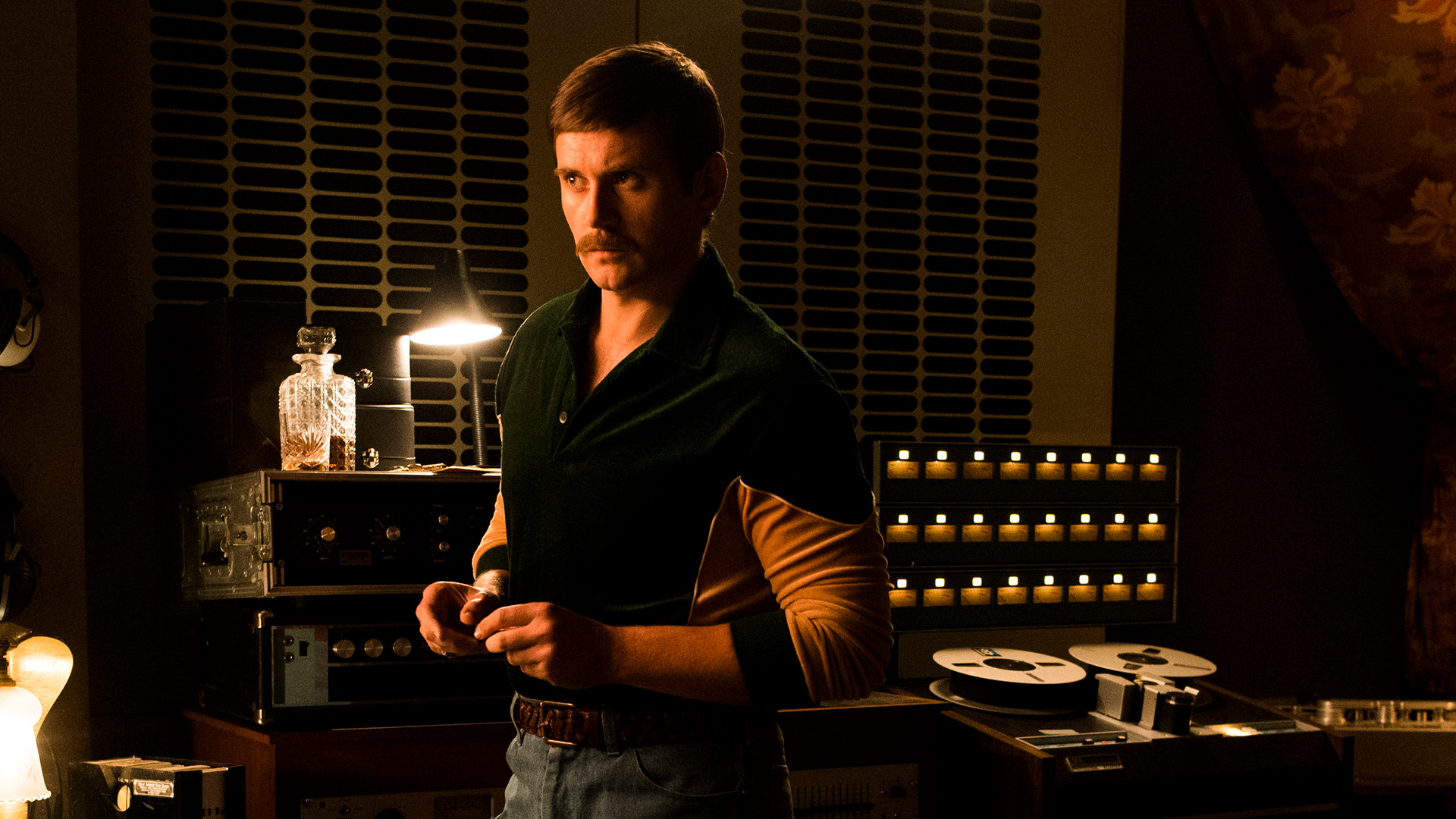
Another poor creative decision of Bohemian Rhapsody is demoting Jim Hutton to a one-day only romance.
The film depicts Freddie coming on to Hutton after hiring him to wait at an event (this is not how they met), and Hutton rejects Freddie on the basis that he “has to learn to like himself”.
In reality, Hutton turned down Freddie’s advances on a night out because he already had a boyfriend at the time.
When their paths crossed again in 1985 (Hutton now being single) they formed a very strong relationship which lasted until Freddie’s untimely death.
Over the six years they were together the couple became incredibly close, wore matching marital bands and Freddie frequently referred to Hutton as ‘my husband’ (sadly, not a legal option at the time of course).
The pair clearly had a deeply romantic and life-affirming relationship, but in Bohemian Rhapsody, Freddie and Jim’s relationship is diluted down to a rom-com style, will they/won’t they moment which gets bundled together with the Live Aid concert performance and Freddie coming out to his family, all in one slightly saccharin hyperbolic scene.
We know that Freddie did indeed take Jim backstage with him for the concert, but in the film it’s a decision framed as a slightly spontaneous spur-of-the-moment bid to impress rather than its far more meaningful romantic importance.
A ‘cautionary tale’ of the dangers of gay sex
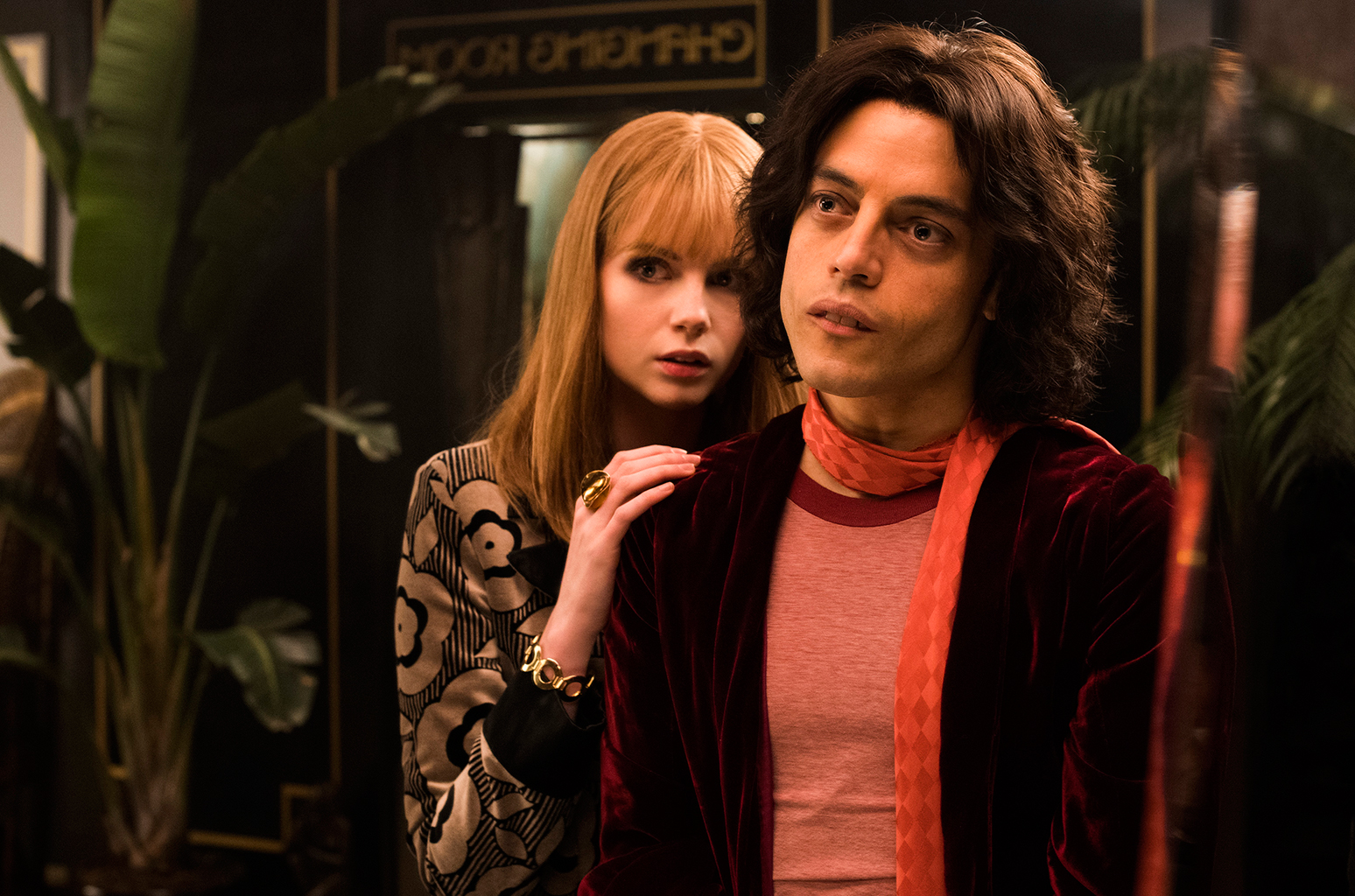
Right until the end of the film when the other Queen bandmates apparently forgive Freddie for his debauched lifestyle and selfish solo career move (even though Freddie didn’t launch a solo career first, and they never formally split up).
Apart from the very brief whitewash of his relationship with Hutton, Freddie’s involvement in or with any kind of gay character or setting is framed as sordid and dangerous.
From dark moody lighting in a leather bar, ominous music and predatory extras there’s a clear indication that Freddie was playing with fire – framing his hedonistic lifestyle and his gay sex life in particular, as more wild, extreme and dangerous than his bandmates.
This is despite all of Queen being well known for enjoying raucous wild parties in their heyday.
This all goes to create a subconscious narrative: that Freddie was looking for love in all the wrong places, and implies that what happens later with Freddie’s HIV+ status was somehow an inevitable consequence of his ‘lifestyle’.
Freddie’s musical legacy
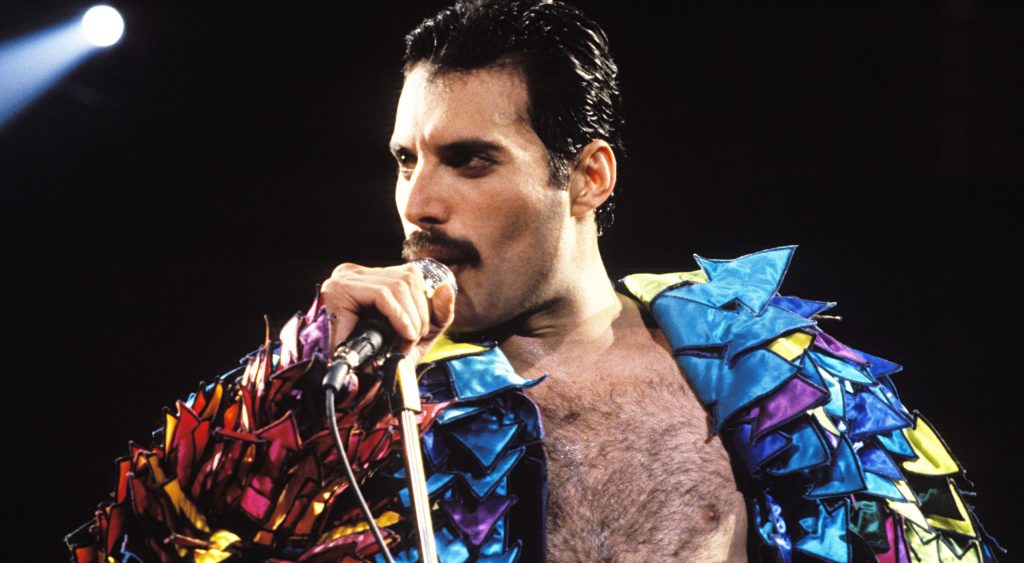
This is a difficult one to articulate as Brian May and Roger Taylor have been closely involved in the creation of the biopic, but Bohemian Rhapsody repeatedly implies that Freddie’s choice to abandon the band and pursue solo career was a disastrous act of selfishness that resulted in no commercial successes.
We sit through scenes that imply Freddie has lost touch with his musical ability without his bandmates; that he is desperate and lost. All of which leads to a dramatic intervention to free him from the ‘bad influence’ of his gay manager, culminating him begging the band’s forgiveness in order to reform Queen for the 1985 Live Aid gig.
This appears to all be untrue – Roger Taylor released his solo album Fun In Space first in 1981, and Freddie Mercury had significant chart-topping successes with Love Kills in 1984 and his major solo album Mr Bad Guy in 1985. Some of Freddie’s solo hits are amongst his most popular including ‘Great Pretender’, and ‘Barcelona’ (both released in 1987).
Also, the band never formally split, they were often touring during the period leading up to Live Aid despite their multiple solo projects.
A ‘true’ story marketing campaign
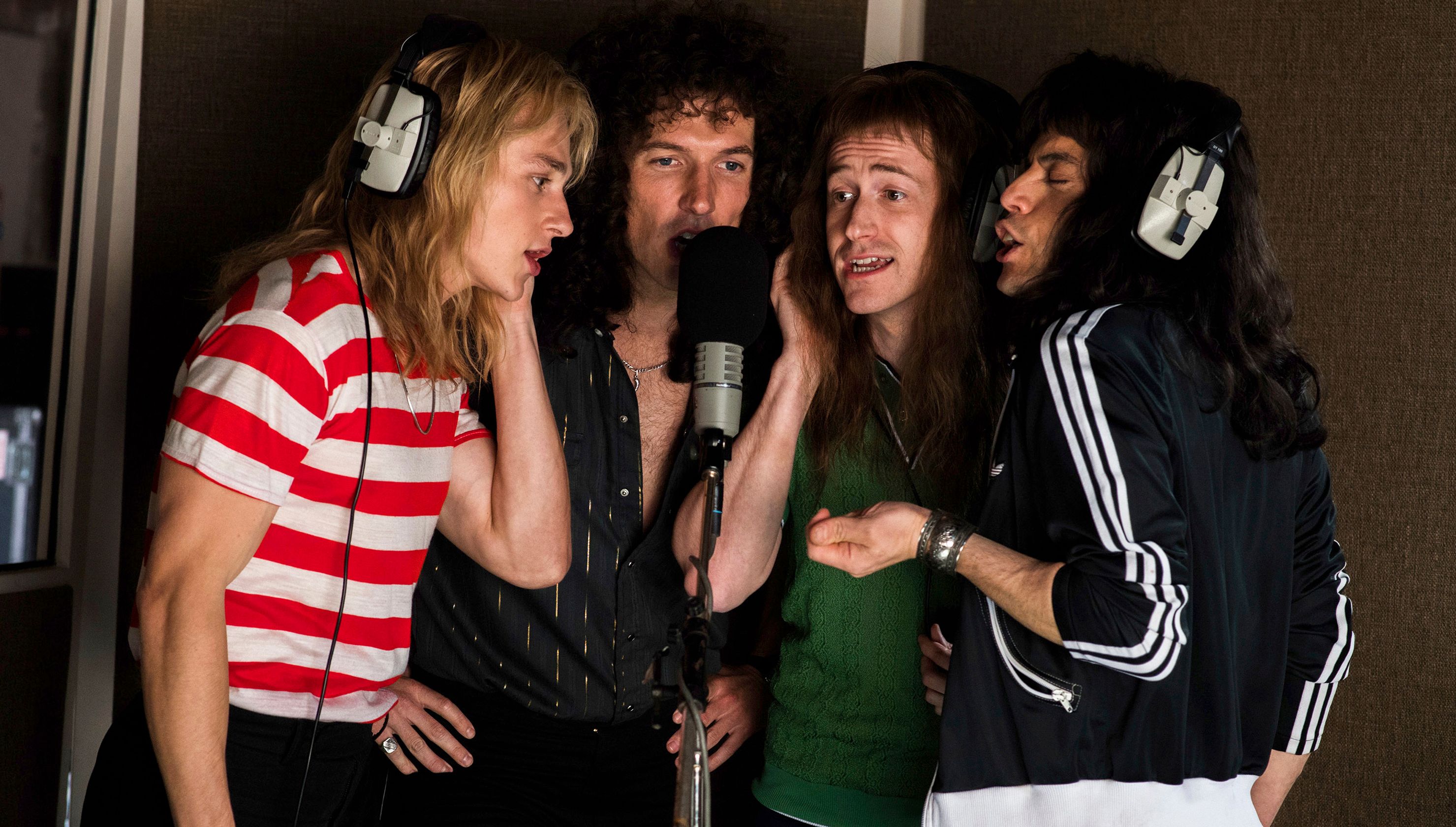
Some of these might have been forgiven as Bohemian Rhapsody taking artistic license, but it’s made all the worse because the biopic has been heavily marketed as being based on ‘the incredible true story’. Queen’s remaining members have been complicit in in allowing these narratives to be pushed.
Queen are often referenced as the only four-member band where every member has their own entry in the musical hall of fame, but this movie does down Freddie Mercury’s talent and contribution to Queen.
There’s a real tangible risk given its huge blockbuster and awards success mainstream audiences (as well as those of us in the LGBTQ+ community) will take this film as truth when it’s got some very dubious and problematic choices at its core.
The deeply frustrating thing about Bohemian Rhapsody is despite these serious flaws, it isn’t an unwatchable film or poorly-made film.
Rami Malek’s stellar performance is gut-wrenching, and his acting might well be award-worthy, but the cost appears to be unnecessarily desecrating the memory a queer idol for benefit of the heteronormative mainstream – it’s a Great Pretender of a biopic that seems to be wilfully cruel to the most Killer Queen of them of all.
Nick Coveney works in publishing and is co-chair of @PrideInPub you can follow him on Twitter @nmjcoveney.
